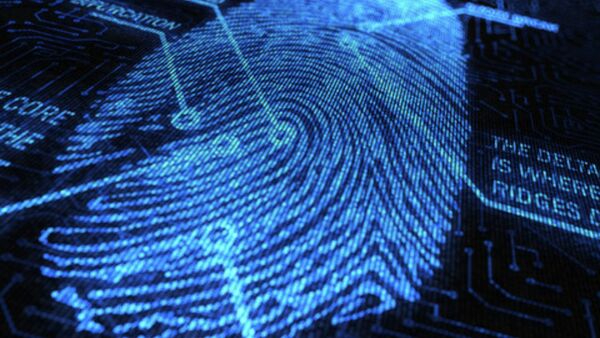The NGI contains biometric data, including fingerprints, face profiles, iris scans, palm prints and biographical information. Contrary to the common belief that the information is solely related to arrest records, roughly half of the database is from ordinary citizens, official documents reveal.
For instance, to get a job with the federal government, a prospective employee must provide fingerprints. But some states require the same kind of background checks for those who seek to become dentists, accountants, or teachers. The fingerprints of representatives from many different careers then end up in the NGI system.
Last year, the FBI announced that it would combine into one system the records of convicted criminals alongside those of regular citizens who undergo simple background checks. Many raised questions regarding the possibility of crosstalk and error in such an enormous database.
The NGI’s face recognition system fails in 15 percent of cases, the FBI revealed, making the possibility of an innocent person being accused of a crime he didn’t commit all the more plausible.
The FBI has long concealed their purpose for the NGI system. The agency released a special document called "System of Records Notice," required by law and aimed to explain the existence and utility of NGI but, according to security analysts, more questions were raised by the notice than answered.






